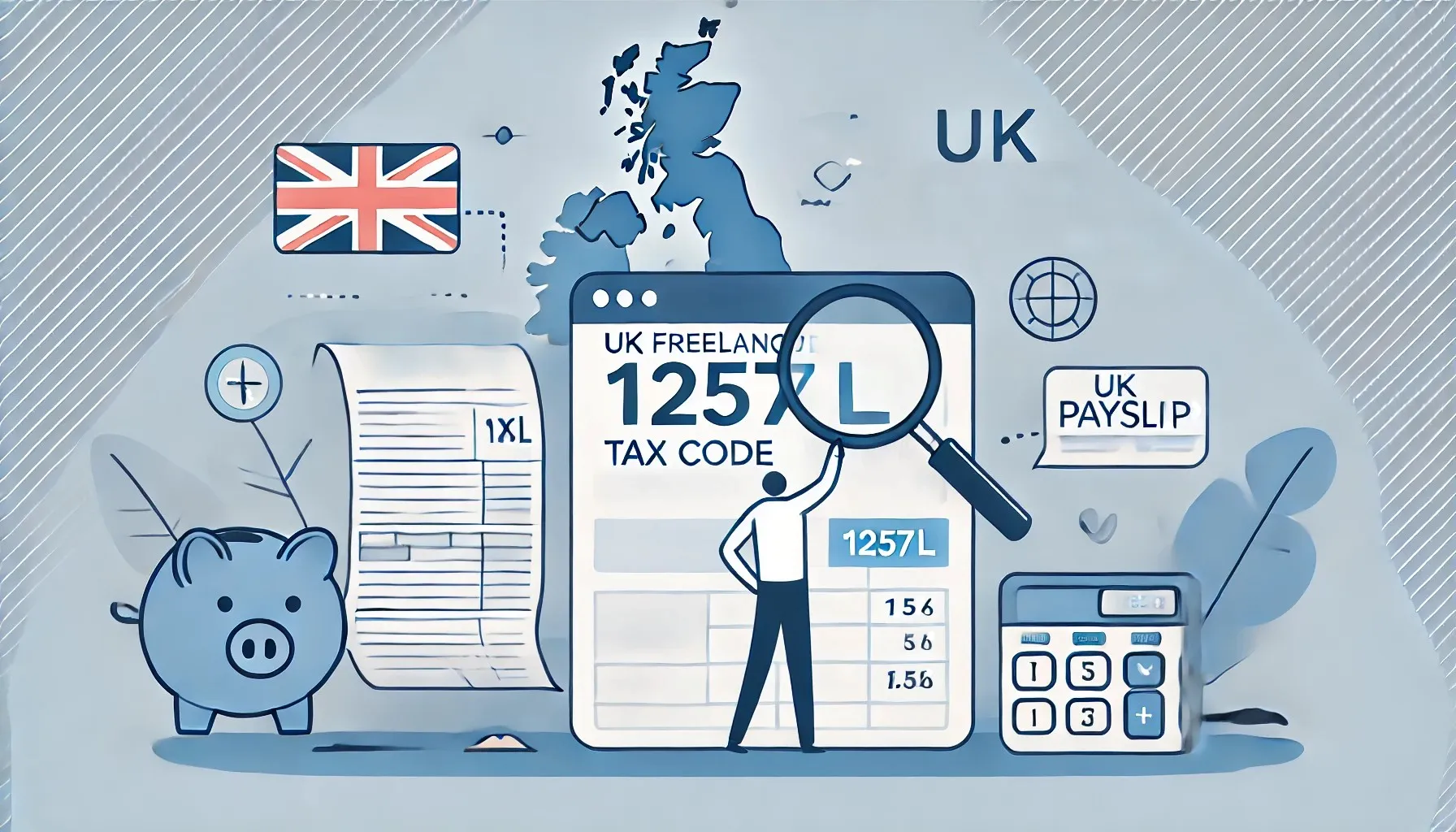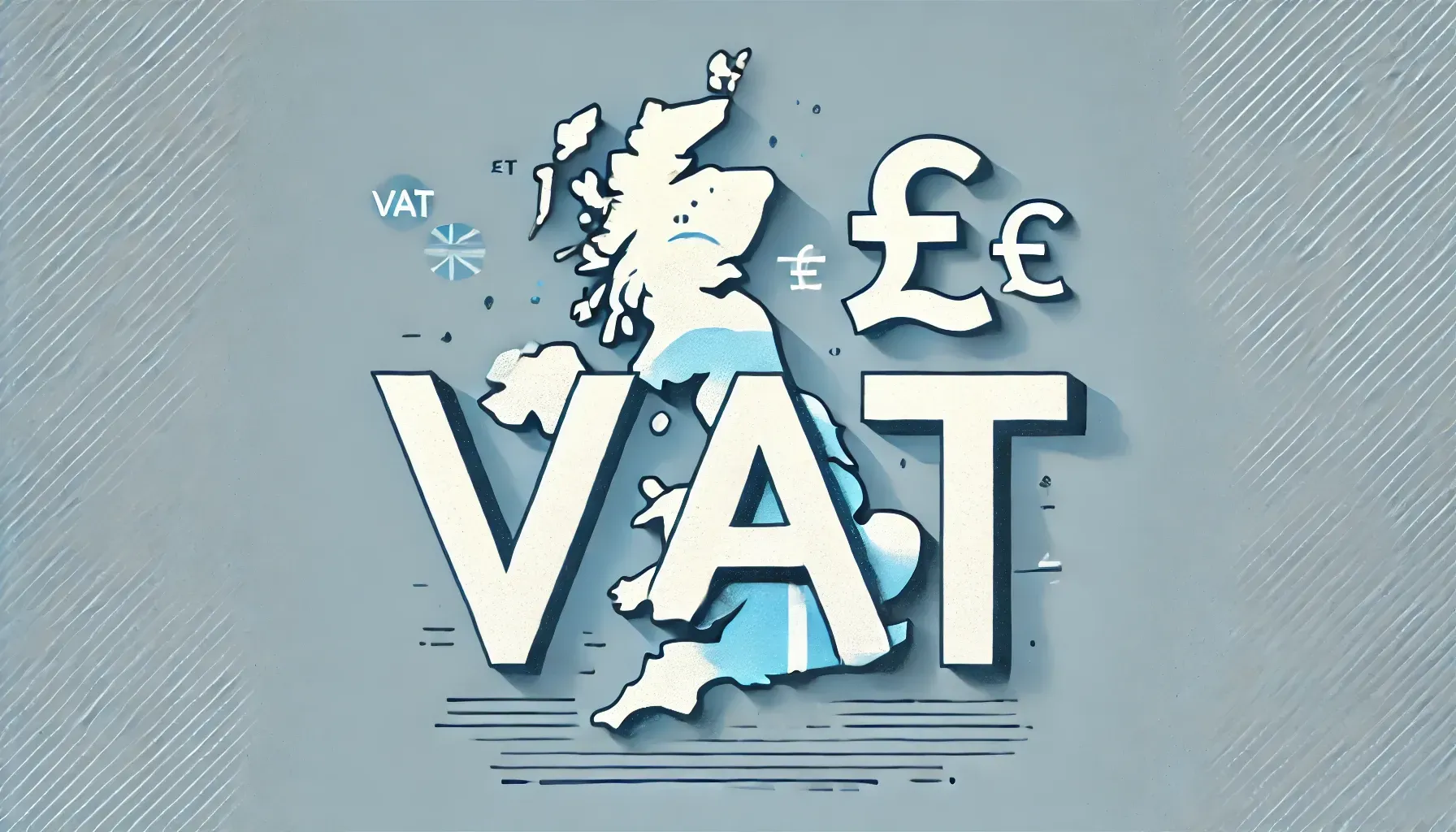IR35 Rules in 2025: What Contractors and Businesses Need to Know
- 30 June 2025

Since its launch in 2000, IR35 (the UK’s off-payroll working rules) has aimed to stop what HMRC calls “disguised employment” where someone works like an employee but bills through a personal service company (PSC) to avoid tax.
Fast forward to 2025, and the rules are evolving again. From April, new company size thresholds will impact who determines IR35 status, a shift that could affect thousands of contractors and clients across the UK.

What Is IR35?
IR35 is tax legislation that targets individuals who provide services through a limited company but operate like employees. If a contract is inside IR35, you must pay Income Tax and NICs like an employee. If outside IR35, you can still receive income via salary and dividends.
Timeline of IR35 Changes
Key Milestones
- 2000 – IR35 introduced; contractors self-assessed their status.
- 2017 – Public sector reform: clients became responsible.
- 2021 – Reform extended to medium and large private sector companies.
- April 2025 – Size thresholds increase, pushing more firms into the “small” category, where contractors assess their own status again.
Who Determines IR35 Status?
By Organisation Type
- Medium & Large Companies – Must assess status and deduct PAYE tax if inside IR35.
- Small Companies – Contractors remain responsible for their own status.
- Public Sector – Always responsible, regardless of size.
- Group Structures – Small subsidiaries of large groups must follow large company rules.
What’s Changing in April 2025?
New Company Size Thresholds
- Turnover limit will increase from £10.2 million to £15 million.
- Balance sheet total will increase from £5.1 million to £7.5 million.
- The employee limit remains at 50.
A company must meet at least two of these three criteria to be considered small.
Impact: More companies will become exempt from making IR35 assessments, placing the responsibility back on the contractor.
How Does HMRC Assess IR35?
Key Factors Considered
- Control – Who dictates how and when you work?
- Substitution – Can you send a replacement?
- Mutuality of Obligation – Is there a continuing obligation to offer and accept work?
- Financial Risk – Do you operate like a business, covering costs and risks?
- Integration – Are you part of the client’s team or truly independent?
- Payment Model – Are you paid by project or time?
- Client Base – Multiple clients support a self-employed status.
HMRC considers the full picture, not just contract wording.
CEST Tool: Use with Caution
HMRC’s Check Employment Status for Tax (CEST) tool is widely used but has flaws – it often ignores Mutuality of Obligation and is overly simplistic.
Use it as a starting point, but don’t rely solely on it for high-risk or complex engagements.
What Happens If You’re Inside IR35?
Tax Implications
- You’ll pay Income Tax and NICs on most income.
- Fewer allowable expenses can be claimed.
- Take-home pay will be lower.
- If your client is medium or large, they deduct tax before paying you.
- If your client is small, you must manage the deductions and reporting.
Risk of HMRC Investigation
What Triggers an Enquiry?
- Inconsistencies in tax returns
- Random HMRC audits
- Whistleblower tips
HMRC may examine your contracts, working practices, and financial records. Disputes can be appealed, but strong documentation is essential from the start.
What Should Businesses Do Now?
With April 2025 in Mind:
- Review your company size using new thresholds.
- If you’re now small, IR35 responsibility shifts to the contractor.
- If still medium or large, continue assessing status and making deductions.
- Check group ownership. Subsidies of large groups are treated as large.
- Update onboarding, contracts, and payroll for compliance.
IR35 Best Practices for Contractors & Businesses
✅ Use contracts that reflect real working arrangements
✅ Keep written status assessments
✅ Don’t rely on CEST alone
✅ Organise documentation in case of HMRC review
Will IR35 Be Scrapped?
IR35 is here to stay. Despite industry criticism, the government has reaffirmed its commitment to enforcing the rules to close tax loopholes.
Future tweaks may occur – particularly to the CEST tool or compliance methods but a full repeal looks unlikely.
Frequently Asked Questions
What changed in April 2025?
The company size thresholds are increasing, allowing more businesses to be classed as small and shift IR35 responsibility back to contractors.
Who decides IR35 status?
- Medium/Large Clients – The client
- Small Clients – The contractor
What are the new size thresholds?
- Turnover: up to £15m
- Balance sheet: up to £7.5m
- Staff: 50 or fewer
Can I appeal an IR35 decision?
Yes. You can appeal directly with HMRC or through the tax tribunal.
Is CEST reliable?
Not fully. It’s a helpful tool, but should be used alongside professional advice.
Need Help Navigating IR35?
At SBX Accountants, we help both contractors and businesses navigate IR35 with:
✅ Contract reviews
✅ IR35 status assessments
✅ HMRC enquiry support
✅ Ongoing compliance guidance
Visit our IR35 Guide if you would like to read more about this topic.
📩 Get in touch today for expert IR35 advice that protects your business and keeps you HMRC compliant.





